Oral Cancer Screening
April was Oral Cancer Awareness Month in the United States. Oral cancer continues to have an abysmal track record with the five-year survival rate at roughly 50 percent. early detection is absolutely crucial in thwarting a potentially devastating outcome. High risk factors of oral cancer include smoking, smokeless tobacco products, excessive alcohol consumption, HPV (human papilloma virus) and cancers that originated from other body areas (metastasis). By the time a visible cancerous lesion is detected, the prognosis is usually poor. Of the 37,000 Americans diagnosed with an oral or pharyngeal cancer this year, some 8000 victims succumb to the disease in the short term and only about half will survive the next five years.
Dentists tend to be the first line in health care professionals for oral cancer detection. The standard of care dictates a typical comprehensive or recall dental exam including an oral cancer screening. This part of the exam is typically done with the visual and tactile components that involve the inside of the mouth, head, and neck regions. In recent years, early oral cancer detection is aided by a light detection system that enhances the visualization of cancerous lesions. Dr. Hanratty uses this detection system on higher risk patients.
During the light detection exam, a high intensity light illuminates the oral soft tissues. Healthy tissues reflect a green glow while precancerous and cancerous tissues show up as dark areas. the advantage this method provides is the ability for detection of suspicious areas not visble in white light. White light reflects only characteristics of the tissue surface while the specialized light detects lesions deep to the surface allowing a more thorough detection method. Suspicious areas are recorded and Dr. Hanratty will either biopsy the lesion or refer the patient to an oral surgeon for removal and pathalogic examination.
Dentists tend to be the first line in health care professionals for oral cancer detection. The standard of care dictates a typical comprehensive or recall dental exam including an oral cancer screening. This part of the exam is typically done with the visual and tactile components that involve the inside of the mouth, head, and neck regions. In recent years, early oral cancer detection is aided by a light detection system that enhances the visualization of cancerous lesions. Dr. Hanratty uses this detection system on higher risk patients.
During the light detection exam, a high intensity light illuminates the oral soft tissues. Healthy tissues reflect a green glow while precancerous and cancerous tissues show up as dark areas. the advantage this method provides is the ability for detection of suspicious areas not visble in white light. White light reflects only characteristics of the tissue surface while the specialized light detects lesions deep to the surface allowing a more thorough detection method. Suspicious areas are recorded and Dr. Hanratty will either biopsy the lesion or refer the patient to an oral surgeon for removal and pathalogic examination.
